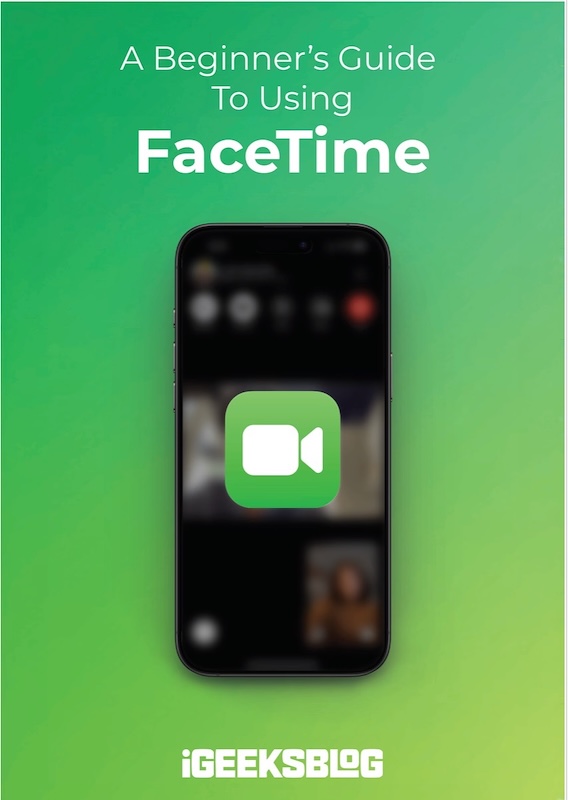
FaceTime Like a Pro
Get our exclusive Ultimate FaceTime Guide 📚 — absolutely FREE when you sign up for our newsletter below.

FaceTime Like a Pro
Get our exclusive Ultimate FaceTime Guide 📚 — absolutely FREE when you sign up for our newsletter below.
Learn why Musk’s lawsuit against Apple could set a precedent for AI industry standards and fair competition.
Apple and Elon Musk are locked in a legal fight that shows just how heated the AI race has become. Musk’s company X Corp, which also runs his AI startup xAI, is suing Apple for billions. He claims the iPhone maker unfairly favors OpenAI and that Apple’s use of ChatGPT in Apple Intelligence breaks antitrust law. Musk even argues Apple has a legal obligation to strike a deal with xAI. Apple’s lawyers have now asked a judge to throw the case out, calling the entire claim “patently absurd.”
The battle began when Musk accused Apple of manipulating App Store AI rankings to keep OpenAI at the top. He called it a clear antitrust violation. Soon after, xAI filed a lawsuit that went further, arguing Apple cannot partner with OpenAI without offering equal treatment to all chatbot providers, including xAI. Musk also floated the idea that Apple’s AI features may infringe on his intellectual property, widening the scope of his claims.
Apple denies any wrongdoing and says Musk’s arguments have no legal basis. In its filing, Apple stressed that antitrust law does not force companies to partner with every competitor, especially without considering quality, privacy, and security. The company also pointed out that it intends to work with multiple AI partners in the future, and that its collaboration with OpenAI is not exclusive. Apple called Musk’s intellectual property concerns equally baseless, emphasizing its AI technology was built independently.
Musk’s case has also been undermined by his own record. Reports show he previously directed changes to X’s algorithm to amplify his own posts, raising questions about his accusations of unfair competition. Even his own Grok chatbot contradicted his Apple lawsuit claims, siding with OpenAI’s Sam Altman. On top of that, AI apps like DeepSeek and Perplexity have reached top spots in the App Store, showing that OpenAI is not the only player finding success there.
While the case is still waiting for a ruling, it could set a major precedent for how tech giants work with AI companies. If dismissed, it would reinforce Apple’s stance that partnerships can be selective and based on quality. If it moves forward, it could open the door to more lawsuits where companies claim entitlement to partnerships, potentially slowing AI innovation. Beyond this, the fight highlights bigger questions about AI: how to apply old antitrust and patent laws to fast-moving technology, and how to balance innovation with fair competition and ethical use.
The judge’s decision in the coming weeks will decide whether Musk’s lawsuit goes anywhere or stops here, but it has already sparked an industry-wide debate about the future of AI partnerships.